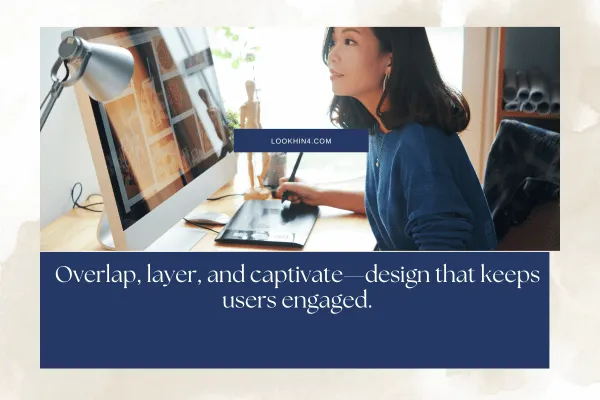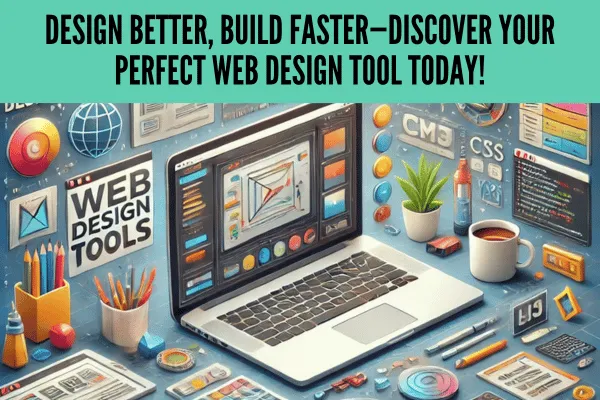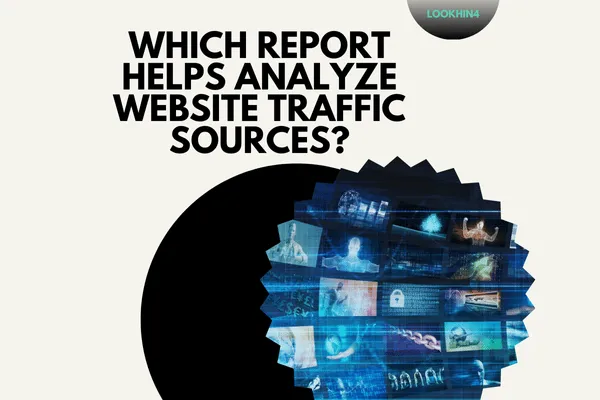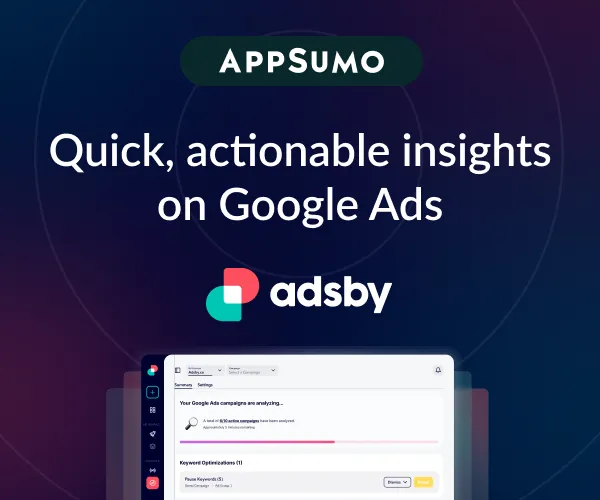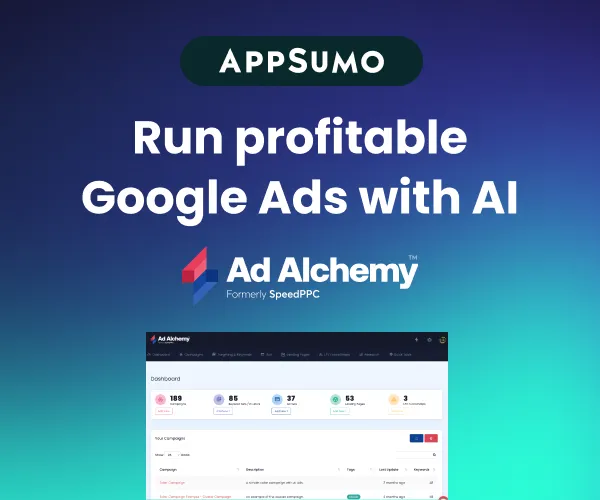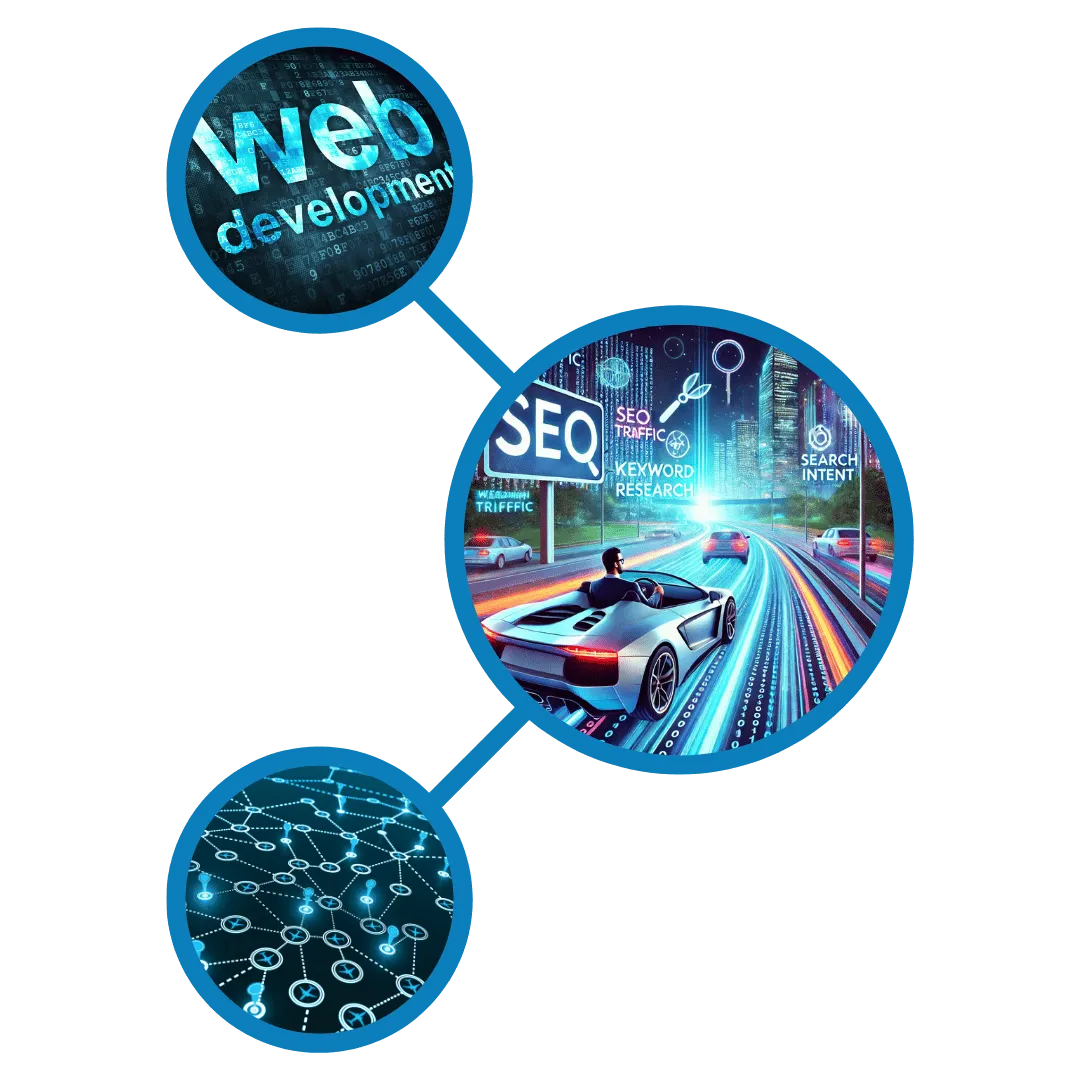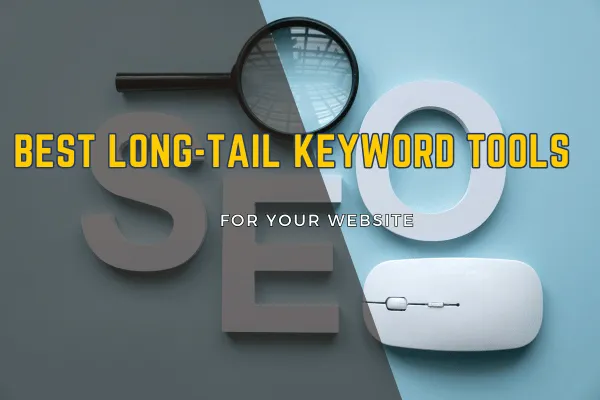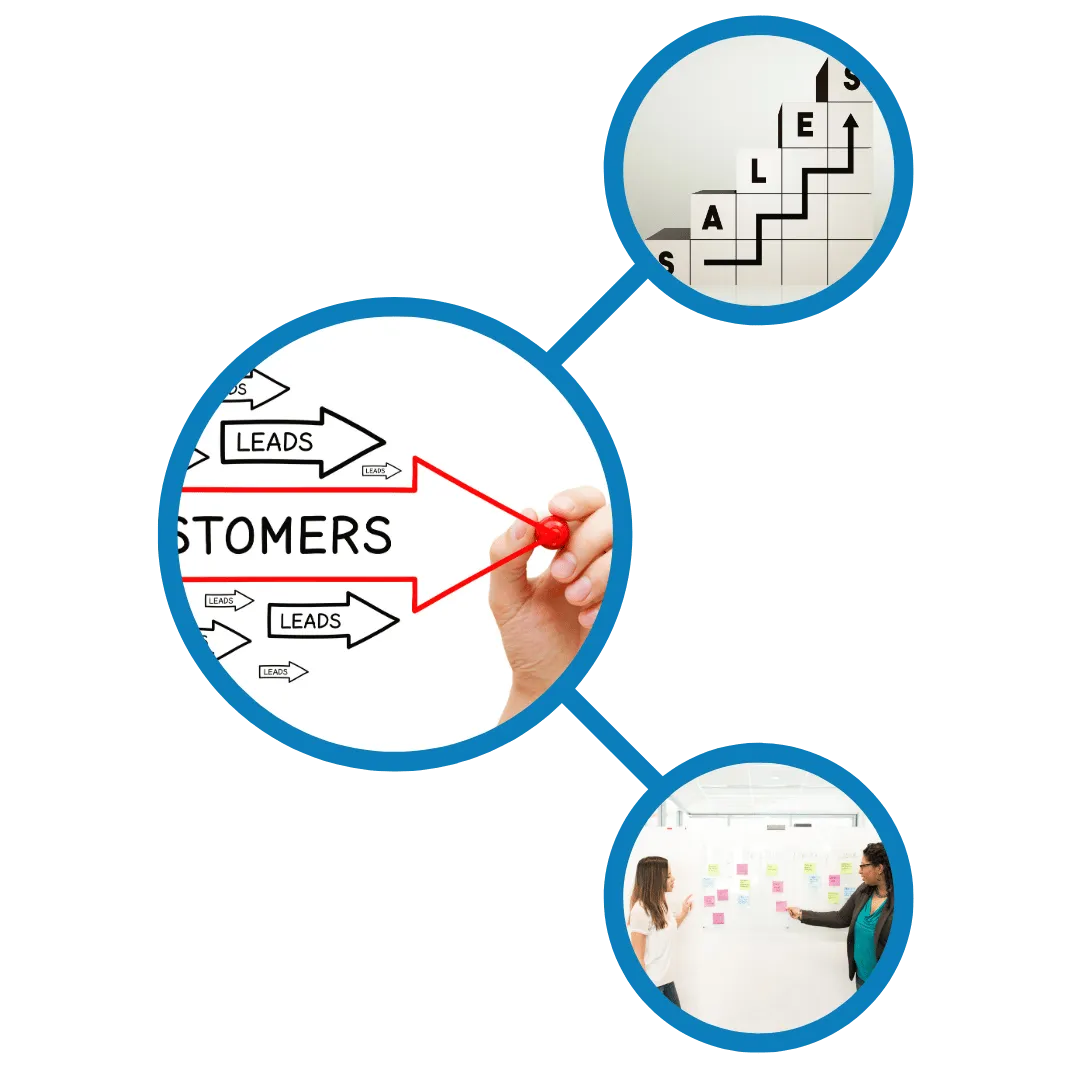
The Future of SEO: Foundational Elements Enhanced by AI
Table of Content
How to Master SEO with AI: A Step-by-Step Guide
1. Keyword Research: The Foundation of SEO with AI
2. Content Creation: The Heart of SEO with AI
3. On-Page SEO: Maximizing Visibility with AI
4. Technical SEO: Ensuring Your Website Is AI-Ready
5. User Experience (UX): The Secret Weapon of SEO with AI
6. Backlink Building: Strengthening Authority with AI
7. Data Analytics: The Backbone of SEO with AI
Challenges of Implementing AI in SEO
1. High Costs and Resource Demands
2. Need for Technical Expertise
Examples of Common Challenges Businesses Face:
AI-Powered Competitor Analysis
1. Uncovering Competitor Keywords
Examples of AI in Competitor Analysis:
Ethical Considerations for Using AI in SEO
Are you ready to unlock the secret to dominating search engine results? Discover how AI is revolutionizing SEO and transforming businesses just like yours. What Elements Are Foundational for SEO with AI?
How to Master SEO with AI: A Step-by-Step Guide
In today’s competitive digital landscape, SEO with AI has become a game-changer. It allows businesses to optimize their websites, attract more traffic, and stay ahead of the competition. But what elements are foundational for SEO with AI, and how can they improve your strategy? Let’s break down the essential components and their AI-powered enhancements.
1. Keyword Research: The Foundation of SEO with AI
Why It’s Foundational: Keywords connect users with your content. AI enhances keyword research by uncovering hidden opportunities helping businesses align their content with user intent.
How AI Improves It:
Advanced Analysis: AI tools like SEMrush and Ahrefs analyze search trends and user behavior to find the best keywords for SEO with AI.
Long-Tail Keywords: AI identifies high-converting long-tail keywords for niche targeting.
Local Keywords: AI pinpoints location-specific terms to improve visibility in local searches.
2. Content Creation: The Heart of SEO with AI
Why It’s Foundational: High-quality content is essential for engaging users and satisfying search engines. AI enhances content creation by making it faster, smarter, and more data-driven.
AI-Powered Benefits:
Optimized Content Suggestions: Tools like SurferSEO guide you in crafting content that ranks well for SEO with AI.
Natural Language Processing (NLP): AI understands user intent and helps create relevant, engaging articles.
Keyword Integration: AI ensures keywords, including “elements are foundational for SEO with AI,” are seamlessly woven into your content.
3. On-Page SEO: Maximizing Visibility with AI
Why It’s Foundational: On-page SEO optimizes individual web pages to improve search engine rankings and drive organic traffic.
AI’s Contributions:
Smart Tagging: AI generates meta titles, descriptions, and alt text aligning with SEO and AI best practices.
Content Structuring: AI tools analyze page layouts and recommend improvements for search engine crawling.
Real-Time Insights: AI provides live feedback on optimizing pages for keywords like “foundational elements of SEO with AI.”
4. Technical SEO: Ensuring Your Website Is AI-Ready
Why It’s Foundational: Technical SEO ensures your site is accessible to users and search engines, forming a critical part of SEO with AI strategies.
How AI Helps:
Site Audits: AI identifies technical issues, such as broken links and crawl errors, that could harm your SEO with AI efforts.
Speed Optimization: AI tools enhance website performance, reducing load times for better rankings.
Mobile SEO: AI ensures your website meets Google’s mobile-first indexing requirements.
5. User Experience (UX): The Secret Weapon of SEO with AI
Why It’s Foundational: A positive user experience keeps visitors engaged, reducing bounce rates and boosting rankings.
AI-Powered UX Improvements:
Behavior Analysis: AI tools like Hotjar track user interactions, helping you optimize layouts for SEO with AI success.
Personalized Experiences: AI delivers customized content and recommendations, enhancing engagement.
Voice Search Optimization: AI adapts your site to the growing trend of voice searches.
6. Backlink Building: Strengthening Authority with AI
Why It’s Foundational: Backlinks signal trust and authority to search engines, playing a vital role in SEO with AI.
AI’s Role in Backlinking:
Link Prospecting: AI identifies high-authority sites that align with your SEO and AI strategy.
Competitor Insights: AI uncovers backlink opportunities based on competitor analysis.
Content for Link Building: AI helps create shareable content that attracts quality backlinks.
7. Data Analytics: The Backbone of SEO with AI
Why It’s Foundational: Understanding performance metrics is essential for refining your SEO with AI strategy.
AI’s Impact on Analytics:
Real-Time Reporting: AI tools offer instant insights into traffic, engagement, and keyword rankings.
Predictive Analytics: AI predicts trends, allowing you to adapt your SEO strategy proactively.
Performance Optimization: AI highlights areas to improve based on historical and real-time data.
Challenges of Implementing AI in SEO
From my research, I’ve found that while AI has transformed SEO practices, implementing it effectively comes with its own set of challenges. These aren’t just technical difficulties but also strategic and operational hurdles that businesses, especially smaller ones, face when adopting AI-driven tools and strategies. Here are the main challenges and how to overcome them:
1. High Costs and Resource Demands
AI-powered SEO tools can be expensive, especially for startups or small businesses. Subscriptions to advanced platforms like SEMrush or Ahrefs, combined with training costs for staff, can strain budgets. Even tools designed to simplify processes, such as keyword research, require initial investment and ongoing resources.
How to Overcome: Start small. Many platforms, like SEMrush, offer scalable plans (insert SEMrush ad here). Begin with essential features and expand as your needs grow. Leveraging free tools alongside paid solutions can also minimize costs.
2. Need for Technical Expertise
While AI tools are designed to simplify tasks, they still require a certain level of technical knowledge. Whether it's configuring algorithms, analyzing data, or understanding how machine learning models work, the learning curve can be steep.
How to Overcome: Outsource technical tasks to a virtual assistant with expertise in SEO and AI tools (insert virtual assistant ad here). Alternatively, invest in training programs to upskill your existing team.
3. Over-Reliance on AI
It’s tempting to let AI handle all aspects of SEO, but over-reliance can lead to problems. AI-generated content might lack originality, and blindly following AI recommendations can result in strategies that don't align with your brand’s vision.
How to Overcome: Use AI as a support tool rather than a decision-maker. Pair AI-driven insights with human creativity to maintain authenticity and brand voice.
Examples of Common Challenges Businesses Face:
Difficulty integrating AI tools with existing systems.
Overwhelming volume of data produced by AI tools, making it hard to prioritize.
Lack of in-house expertise to interpret AI-generated insights.
High subscription fees for premium tools like SEMrush (insert SEMrush ad here).
Risk of AI content being flagged for plagiarism or low quality.
Struggles with maintaining control over AI-automated processes.
Limited understanding of how AI impacts Google’s algorithm changes.
AI-Powered Competitor Analysis
As I explored how businesses optimize their SEO, I discovered the immense power of AI in competitor analysis. Knowing what your competitors are doing—what’s working for them and what’s not—can provide valuable insights for shaping your strategy. AI tools make this process faster, more efficient, and more insightful than ever.
1. Uncovering Competitor Keywords
AI tools like SEMrush analyze your competitors’ websites and reveal the keywords they’re ranking for. This allows you to identify gaps in your own content and target high-performing keywords to capture more traffic.
Example: While researching an eCommerce site on Shopify, I discovered that a competitor was ranking well for "eco-friendly gifts." By integrating this keyword into my strategy, I could effectively tap into that audience (insert Shopify ad here).
2. Tracking Backlinks
One of the foundational elements of SEO is backlinks, and AI tools excel at identifying where competitors are getting theirs. This helps you replicate or improve upon their strategy.
3. Analyzing Content Gaps
AI-powered competitor analysis tools show you which topics competitors are covering that you’re not. This allows you to fill those gaps with high-quality, optimized content.
How It Helped: I found a competitor in the travel industry lacking content on budget travel tips. By creating a blog on this topic, I saw a significant traffic boost.
Examples of AI in Competitor Analysis:
Discovering high-ranking keywords with SEMrush (insert SEMrush ad here).
Uncovering backlink opportunities to strengthen domain authority.
Identifying trending topics competitors are covering.
Analyzing competitor site speed using tools like Google PageSpeed Insights.
Tracking their social media SEO strategy to optimize your posts.
Benchmarking your site against theirs for mobile SEO (insert Bluehost ad here).
Using heatmaps to study their user engagement and improve your own.
Ethical Considerations for Using AI in SEO
During my research, I found that while AI offers incredible advantages, it also brings ethical concerns that can’t be ignored. Misusing AI in SEO can lead to penalties, loss of credibility, and a negative impact on brand reputation.
1. The Risk of Manipulation
AI-generated content, if overused, can appear manipulative. Google’s algorithms are designed to reward authenticity, and sites that rely on overly optimized, AI-generated content may face penalties.
2. Maintaining Transparency
AI tools can sometimes blur the line between organic and automated content. Failing to disclose AI’s role in your strategy might erode trust among your audience.
How to Stay Transparent: Let your audience know when you use AI tools for enhancements rather than passing them off as purely human work.
3. Avoiding Over-Optimization
AI tools can push strategies like keyword stuffing or overly aggressive link building, which can backfire.
Solution: Balance AI recommendations with ethical SEO practices. Focus on delivering genuine value rather than just meeting algorithmic requirements.
Examples of Ethical Issues with AI in SEO:
Generating low-quality, AI-written blogs to cut costs.
Overusing automation tools for backlinks, leading to spammy practices.
Failing to review AI-generated content for inaccuracies or bias.
Using AI to create fake reviews for products or services.
Over-optimizing content for keywords like “best hosting plans” (insert Bluehost ad here).
Automating social media interactions, leading to inauthentic engagement.
Using AI tools to bypass accessibility standards, harming user experience.
Conclusion
SEO with AI is more than a trend—it’s the future. By mastering foundational elements like keyword research, content creation, and ethical AI practices, you can enhance your site’s performance, build credibility, and outshine your competition. Embrace the power of AI tools, but remember to combine them with human creativity and authenticity to create lasting success. Start today and see how AI can elevate your digital strategy.

